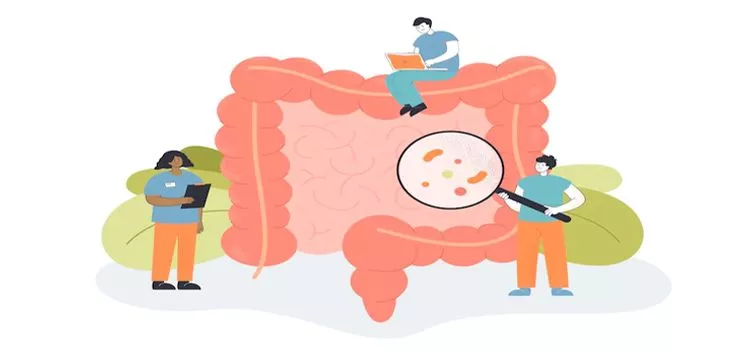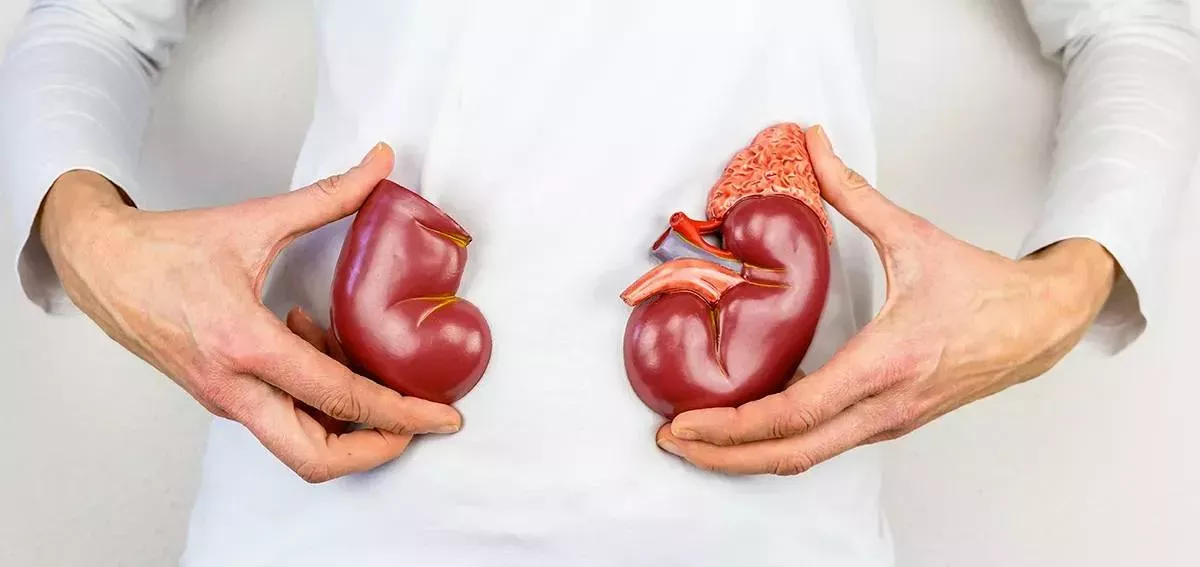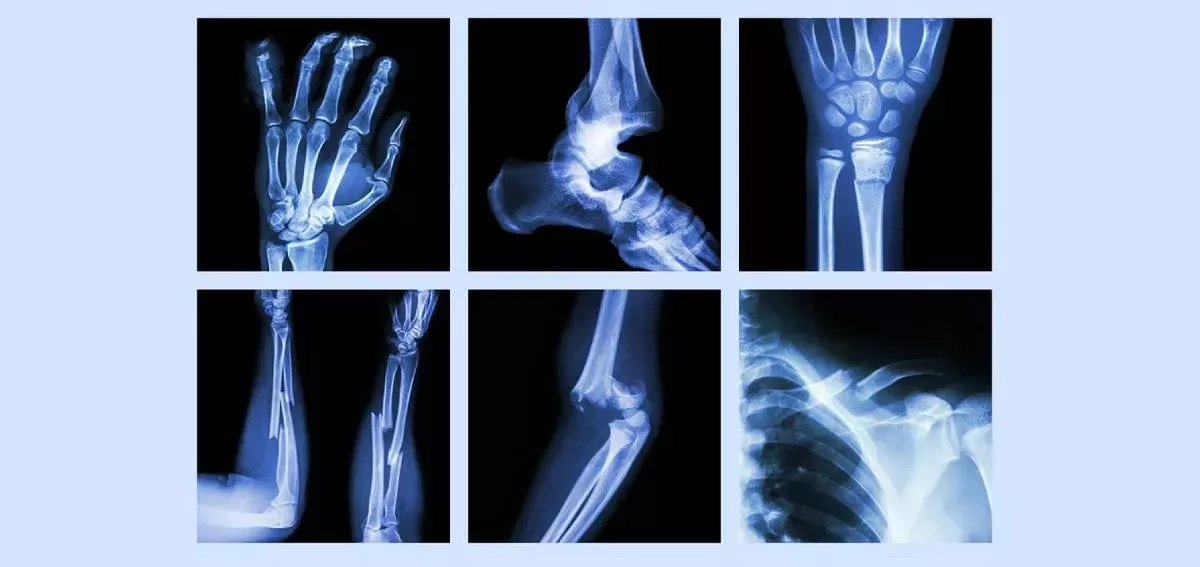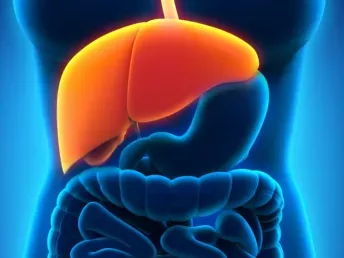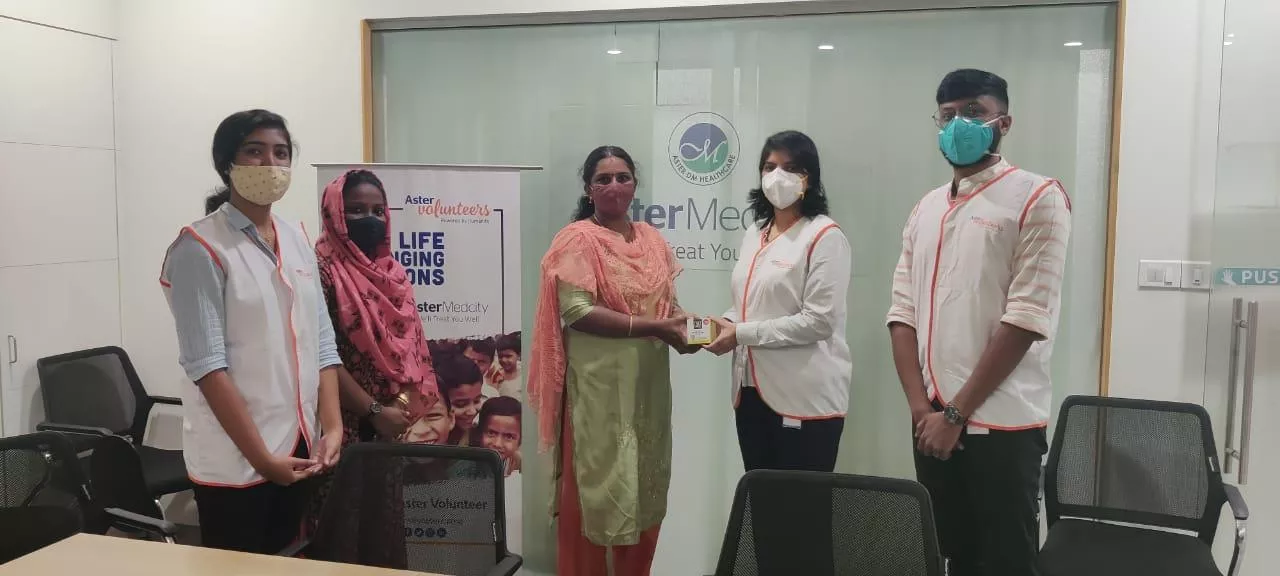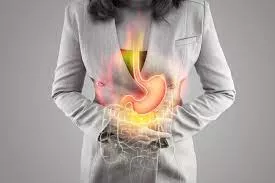What do you mean by inflammatory bowel disease (IBD)?
Inflammatory bowel disease (IBD) is an amalgamation of different disorders that can cause chronic inflammation (swelling and pain) in your intestines. Crohn’s disease and ulcerative colitis come under it and both kinds affect the digestive system.
Opting for inflammatory bowel disease treatment can help manage this condition.
What are the different kinds of IBD?
IBD can be further bifurcated into ulcerative colitis and Crohn’s disease. In order to provide you with a better understanding, will discuss below in more detail.
Ulcerative colitis
This is the kind of condition that causes inflammation in the large intestine or colon. Furthermore, there are various causes of ulcerative colitis and it all depends on severity and location. They are as follows:
- Proctosigmoiditis: This is the kind that occurs when the rectum and lower end of the colon experience inflammation.
- Acute severe ulcerative colitis: This is rare and it leads to inflammation across the entire colon, which leads to immense pain.
- Universal colitis (also known as pancolitis): This kind occurs when inflammation spreads all over the entire colon.
- Ulcerative proctitis: This kind occurs when inflammation stays inside the rectum. It is the mildest form.
- Distal colitis: This kind occurs when inflammation starts from the rectum and ends up in the left colon.
Crohn’s disease
This is the kind of disease that can affect any part of the digestive tract from mouth to anus. Although, more often than not it develops in the end section of the colon and small intestine.
- This kind of IBD is starting to become more common over the period. In fact, 5,00,000 people in the United States of America now have it, as per the research conducted by the National Institute of Diabetes and Digestive and Kidney Diseases (NIDDK).
- The study also suggests that Crohn’s disease is most likely to develop in adults aged 20-29.
What are the symptoms of IBD?
- Weight loss
- Tiredness
- Swelling and cramps in the tummy
- Bloody diarrhoea
It is important to know that not everyone will face these symptoms, and some may have extra symptoms which include getting sick, painful red eyes(also called uveitis), anaemia, jaundice (also called primary sclerosing cholangitis), and painful red skin bumps (also called erythema nodosum). These are certain symptoms that are less commonly linked with inflammatory bowel disease.
Furthermore, you may be in a situation when the symptoms are severe, followed by long periods when there are no symptoms at all.
When should you see a doctor?
Kerala is one of the renowned place for top gastro doctors so if you notice a persistent change in bowel habits or if you face any of the symptoms mentioned above, then make sure to visit one of the best gastro surgeon in Kochi. Although inflammatory bowel disease isn’t extremely harmful. However, it is a serious disease that may lead to life-threatening complications.
What are the causes and risk factors involved?
There are various factors that contribute to the commencement of IBD. For instance, it may occur because your immune system reacted poorly due to bacteria, food particles, or viruses. This may lead to an inflammatory reaction in the gut.
However, as of now, there is no single confirmed cause that leads to IBD, there are various potential factors that can increase your risk of developing each of the conditions.
Risk factors associated with ulcerative colitis:
- Genetics: People who have parents who had ulcerative colitis at one point are at a higher risk of getting diagnosed.
- Age: People often receive a diagnosis around the age of 15-30 years or after 60 years.
Risk factors associated with Crohn’s disease
Medical professionals do not completely understand the primary cause behind Crohn’s disease. But they have identified various factors that may increase a person’s risk of developing it. Some of them are:
- Smoking: A person who smokes is at double risk of getting Crohn’s.
- Genetics: People whose parent or sibling were diagnosed with the disease are more likely to get it.
- Medications: Using certain medications such as birth control, nonsteroidal anti-inflammatory medications, and antibiotics can increase the risk of getting the disease.
- Diet: If you follow a diet that consists of a high level of fat can also increase the risk of getting Crohn’s disease.
Bottom Line
Inflammatory bowel disease is a lifelong disease, except for people who got their colons removed due to ulcerative colitis and are cured of their disease. Inflammatory bowel disease treatment is critical but due to the relapsing nature of the disease, it is paramount to learn how to deal with the flares by making lifestyle changes. The end goal is to keep the symptoms from interfering with your day-to-day life.
